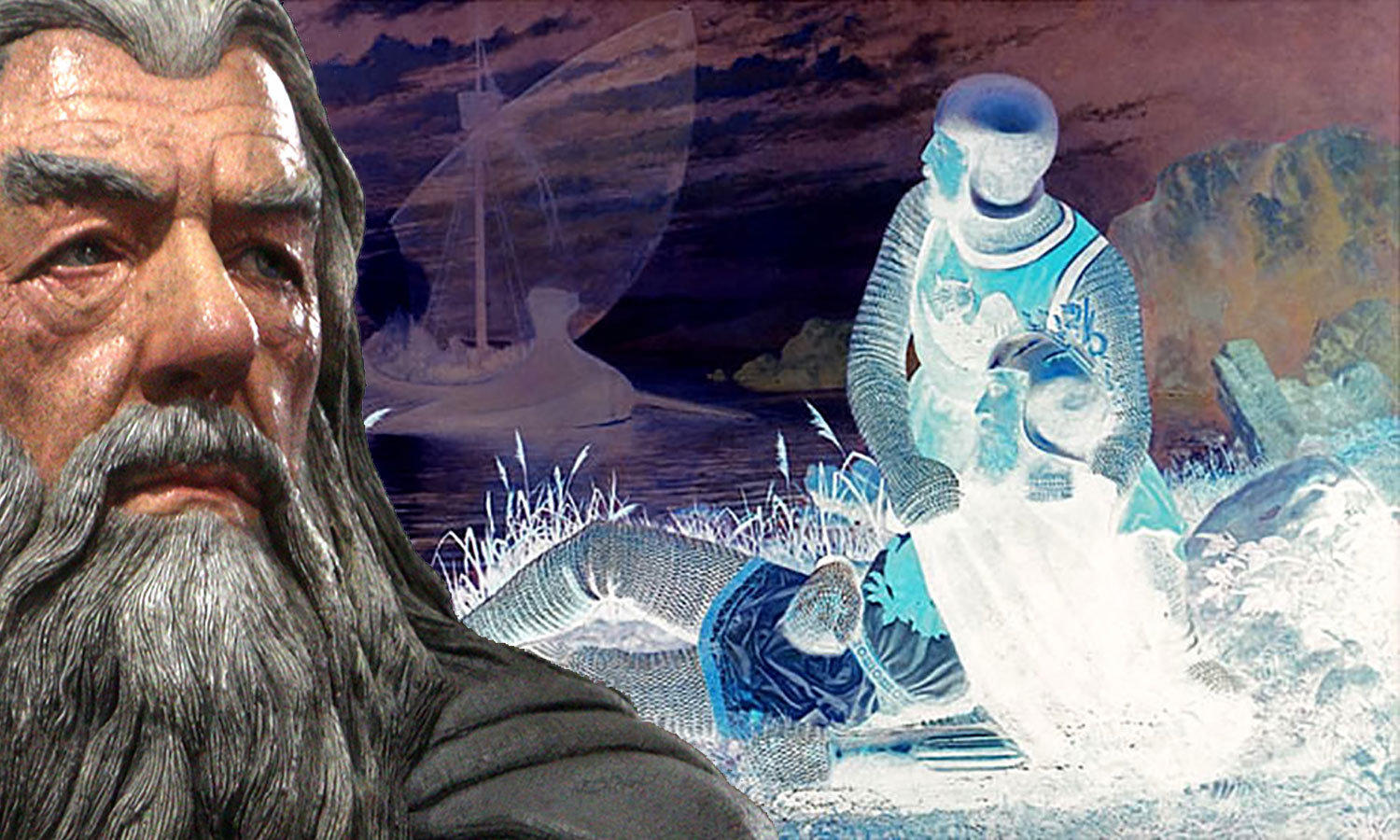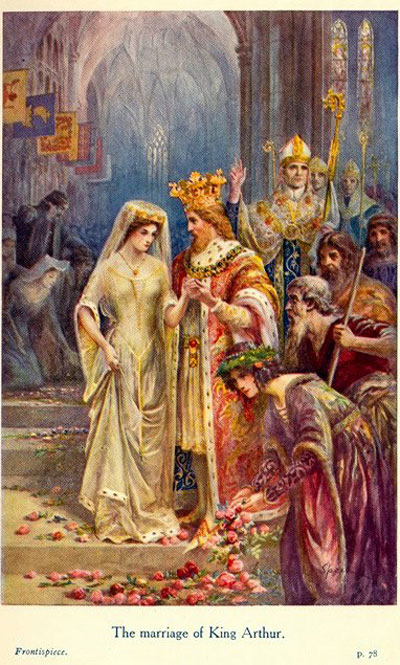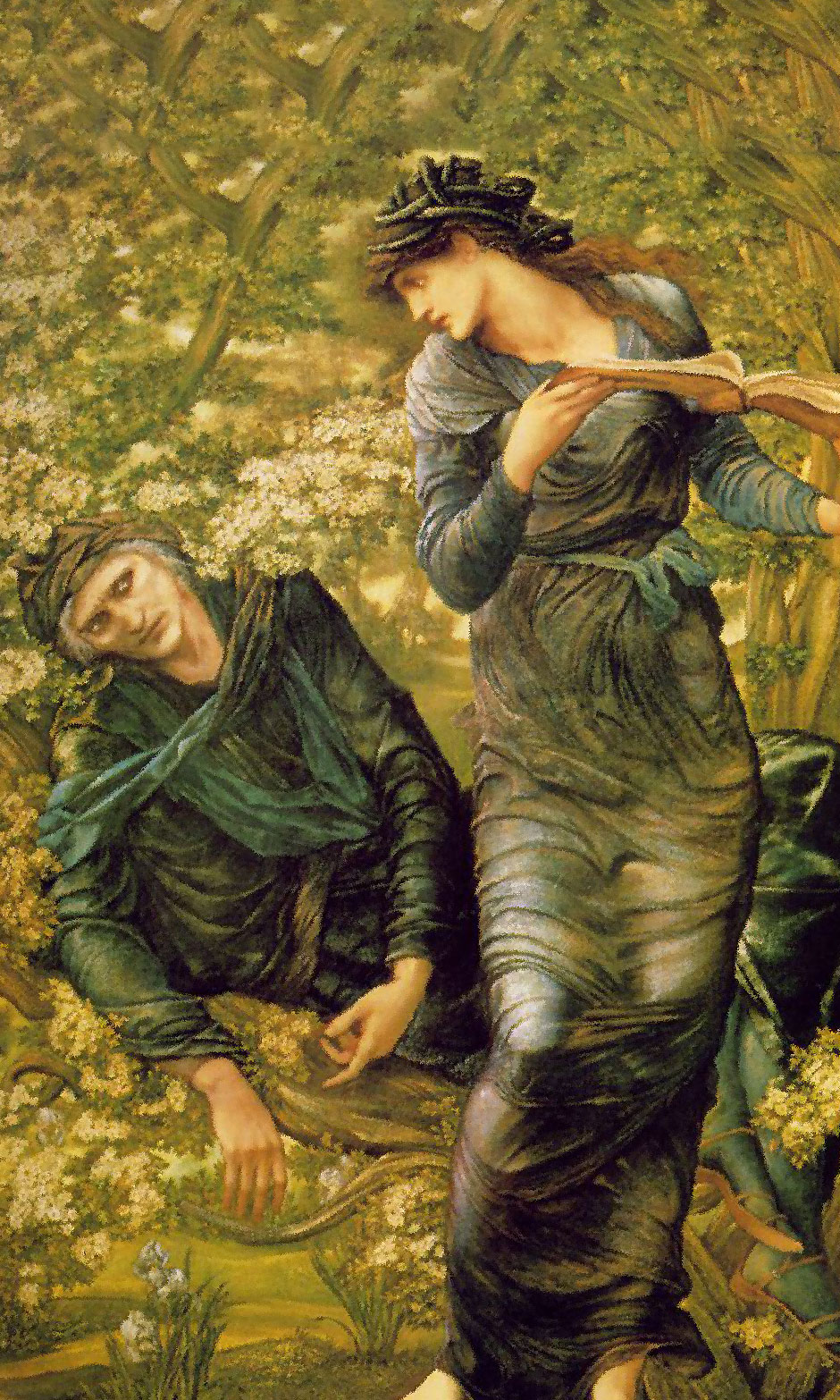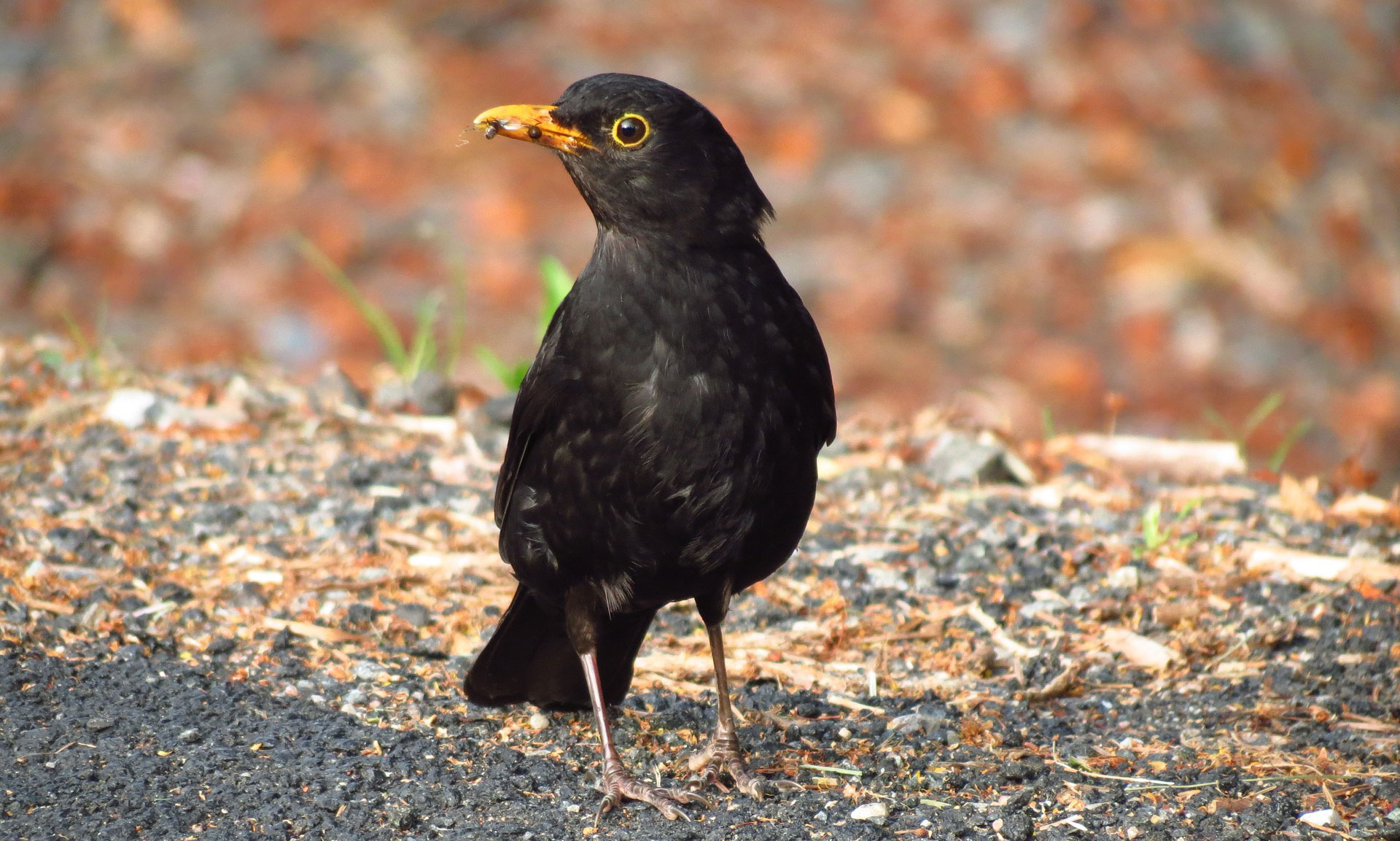
I already had the opportunity to evoke Merlin the Magician as well as his friend King Arthur and his fabulous sword Excalibur, but I want to come back here on the mythical couple they form both, and on his incredible influence on the language and behavior of the French, and others.
Arthur
King Arthur is the hero of many Arthurian legends and chivalric novels since the Middle Ages. Military leader of the Bretons (Britons), he fought against the invader Saxon around the year 500. Become legendary, it represents the ideal king came to restore in their power the divided Bretons. Sung by the Welsh bards and then by various chroniclers such as Nennius or Geoffrey Monmouth, his gesture was developed by Wace and then Chrétien de Troyes who made a portrait less advantageous than that of the legend. The romantic cycle that ends with the famous novel “Death the King Arthur” (1215/1235) has largely contributed to spreading the traditional image of King Arthur and Knights of the Round Table. (source)
In fact, its historical existence is disputed by many historians. I would say even by all. For the official story, Arthur is a myth, a legend, a romance, an invention pure and simple. “King Arthur or Arthur Pendragon is, according to medieval romances, a Breton lord who would have organized the defense of the Celtic peoples of the British Isles and Armorican Brittany against the invading Germanic at the end of the fifth century or the beginning of the sixth century .” (source) But Arthur is much more. Like his inseparable sorcerer Merlin, Arthur is archetypal like King Aragorn and his wizard Gandalf. A valiant king, endowed with magical powers like his Excalibur sword, and accompanied by a magician with surprising powers, very far from the funny character concocted by Alexandre Astier in Kaamelott. Like Gilgamesh and Enkidu, like Rama and Hanuman, these two embody a powerful myth: the alliance of strength and cunning, head and legs.
Which bear?
 Arthur comes from the old Breton arzhour or artos, which means the bear in Celtic language. “The name Arthur was etymologically related to the Celtic name of the bear,” artos “meaning both” bear” and “warrior.” (source) As often, I do not agree with the conclusions of Wikipedia! Arthur was no doubt a great warrior, but the title given to him bears no part of his valor: for me, as for my most faithful readers, the bear designates Ursa Major ie the Great Bear, where originates the Hyperborean Arthur.
Arthur comes from the old Breton arzhour or artos, which means the bear in Celtic language. “The name Arthur was etymologically related to the Celtic name of the bear,” artos “meaning both” bear” and “warrior.” (source) As often, I do not agree with the conclusions of Wikipedia! Arthur was no doubt a great warrior, but the title given to him bears no part of his valor: for me, as for my most faithful readers, the bear designates Ursa Major ie the Great Bear, where originates the Hyperborean Arthur.
What corroborates another etymology, come this one of the language of the origins: Ars Ur means “art of Ur” or if one prefers “made in Ur” which means to about the same as Ex Qalib Ur, his magic sword Excalibur.
If we believe his name, Arthur was specially designed in the test tubes of our creators in Hyperborea. A genetic manipulation made him perfectly fit for his earthly mission: to federate a maximum of kingdoms around a single monarch of the great Celtic land, and to sign the end of the Roman Empire. It is possible to recognize the mission of Rama, carried out three millennia earlier on a planetary scale. Also from Hyperborea, Rama was a demi-god like Arthur.
Throughout our history, it is possible to find envoys of Hyperborea, developed by the creative gods. These exceptional humans are called the sons of the Sun – because their planet-ship was called the Sun— or the Sons of God, what they really are. All these divine ambassadors were called Christs, such as Enoch, Prometheus, Osiris, Dionysus, Zoroaster / Zarathustra, Mithras, Moses, and others.
A love of Merlin
Twice Merlin taught some of his secrets, very badly took him! Morgane, one of Arthur’s sisters, became a wicked fairy jealous of her sister-in-law, Queen Guinevere. His second pupil was Viviane. Merlin liked to disappear without explanation. In Brittany, the forest of Brocéliande was considered the most beautiful in the world. Merlin met Viviane at the fountain of Barenton. Seduced, he taught him his most poetic tricks.
 The girl learned to dance on the water and make a river flow at will. But Viviane wanted to keep Merlin forever. She made him confess almost all his secrets and, one day when he had fallen asleep, she made three magic circles around him to lock him in a crystal coffin. Merlin had guessed everything from the beginning, but he had let it go, because he loved Viviane more than his freedom. (from : source)
The girl learned to dance on the water and make a river flow at will. But Viviane wanted to keep Merlin forever. She made him confess almost all his secrets and, one day when he had fallen asleep, she made three magic circles around him to lock him in a crystal coffin. Merlin had guessed everything from the beginning, but he had let it go, because he loved Viviane more than his freedom. (from : source)
Thus expresses the golden legend of the enchanter, who participates in the medieval movement for the rehabilitation of women, whom the knights call their lady, and who ensures, according to Denis de Rougemont, the foundations of love in the West. In addition to the legend, there is the work of historians who, in their own way, seek the truth behind the plot of the tale. “For Goodrich, Merlin is a title originally worn by the bishop who crowned the historic King Arthur.For Gardner, Myrddin was originally the title of the seer to the king, Taliesin being the first to Some people wearing these titles would have inspired the legend of Merlin.” (source)
The problem remains that there is no historical King Arthur. The legend of Arthur and Merlin is rooted deep in the 6th millennium BCE, when the orcs were the terror of our ancestors, when the Little People were still talking to humans, where the giants were walking among men. There is a singular similarity of customs and costumes between this distant era and the early Middle Ages when Arthur and Merlin are supposed to have lived. Supposed, for all this is very much prior to the Middle Ages, and goes back to the mythical times of the Heroic Fantasy.
The bear and the wolf
Christian hagiography teaches us that St Martin and St Blaise were inseparable. We will see why, and understand at the same time that these two saints have nothing to do with Christianity. They are very much older than the new religion. Martin is a deformation of Myrdhyn, the Celtic name of Merlin. As for bleiz, it’s the wolf in Breton Diwan as Gallic … The Blesois, inhabitants of Blois, were once the sons of the wolf. And Saint Martin was always accompanied by a wolf. Like Merlin did!
Another animal related to Martin is the bear. Any French person knows Martin the bear, it’s common name for a bear. Why Martin? Because there is behind a powerful myth, which has helped to shape the soul and heart of the old Western culture. As we saw, the bear is Arthur. And Martin is Merlin. Evoking Martin the bear is implicitly refering to Arthur and Merlin. Whenever we pronounce these words, without knowing it we put ourselves under the protection of this legendary couple – legendary and yet very real in the present by its implications as by its ghostly apparitions in Broceliande, the French name of Dark Forest.

By the grace of his admirers, Merlin has become the nice blackbird.French: merle By the hatred of his detractors, in the form Myrdhyn, he has become the ugly shit.French: merde


